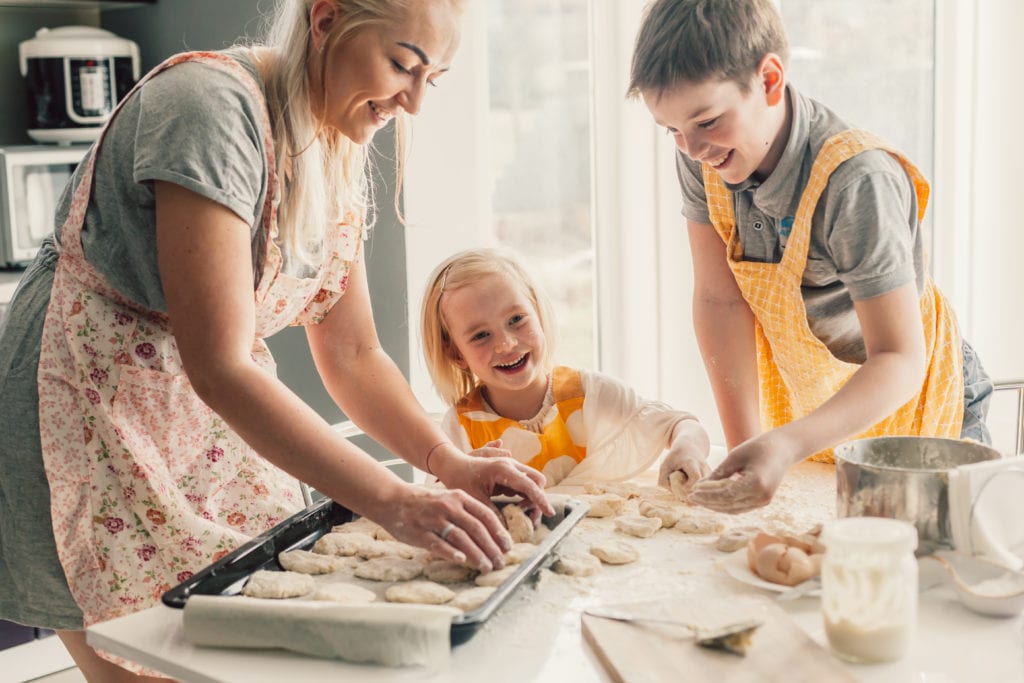While following the Governor’s directive to shelter in place during the coronavirus pandemic, the social distancing, lack of social activities, and lack of freedom to come and go as you please, can cause stress and anxiety. Here are some self-care tips that may help make the isolation bearable as well as strengthen your immunity.
Stress Weakens the Immune System
Research shows that stress can affect the immune system. When you’re stressed, cortisol (the stress hormone) is released, which can suppress your body’s ability to fight off foreign invaders — especially when the stress lasts for days, months, and years, not minutes. A cascade of immune responses are compromised by stress. That’s why those who are under chronic stress tend to get sick more often.
During the coronavirus crisis, there are so many unknowns, and you may feel your life is not in your control — leaving you to feel powerless, anxious, and stressed out. Allow yourself some time to break free of the stress. An altered immune function can affect your susceptibility to acquiring physical and psychological illnesses.
Five Self-Care Activities in Coronavirus Crisis
1. Learn Something New
If you used to spend 3 hours a day getting to and from work, by working at home, you may have up to 15 extra hours that can be spent caring for yourself.
Binge watch some TED and TEDx talks. These talks are no longer than 18 minutes. According to the TEDx organization, 18 minutes is long enough to be taken seriously, but short enough to hold your attention. During these weeks of isolation and self-care, I suggest a motivating 3-minute TED Talk: “Try Something New for 30 Days” presented by Matt Cutts.
Take some online classes. For example, Skillshare, Inc., is an online learning community that offers “real life” classes — from business, photography, music, design, creative writing, to entrepreneurship. Skillshare classes are between 20-60 minutes. Over 1,600 classes are always FREE plus they offer 14 days of FREE unlimited classes. A Premium subscription offers over 23,000 classes and costs $8.25/mo.
2. Start a Gratitude Journal
Gratitude is a learned skill. It’s a perfect antidote for when you are feeling stressed. When you’re stressed, it’s hard to focus on anything else. A gratitude journal has been shown to change your perspective. It can improve your relationships, your life, and your health.
Write down the things you are grateful for. Think about things like the small kindnesses that you received and the ‘gifts’ you gave this week; things that were not as bad they could have been; the people in your life; your health; the roof over your head; and the happiest/funniest thing that happened to you today.
3. Cook and Bake
Healthy cooking is a form of self-care. Experiment in the kitchen. Be in the moment. Learn basic knife skills and cooking skills at your own pace. There are online culinary schools, YouTube, and thousands of food blogs on the Internet to learn these skills.

Cook/bake with your kids while they are home. Children learn when they cook. They learn:
- Reading — building new vocabulary and following step-by-step instructions
- Science — biology (how plants grow) and chemistry (how cooking works)
- Math — measuring, numbers, counting, shapes, patterns, proportions
- Motor skills — stirring, cutting, pouring, etc.
Cooking with your children also:
- Creates bonding time.
- Makes family memories that your kids will treasure forever.
- Builds healthy habits while they’re young and impressionable.
- Teaches a life skill.
- Produces fewer fussy eaters. Kids typically eat what they helped to plan and prepare.
4. Declutter and Rearrange Your Home
- More Space: What better time to do something that there was never time to do for before. Since you’re spending more time in your home (and many with multiple family members, decluttering will give you more space.
- Fulfillment: Letting go of old, unused clothes, household items, and toys can be very liberating and will force you to decide what’s actually important to you.
- Cleaner House: During this time, lots of cleaning is essential. By decluttering your home, it’ll be easier to clean.
- New Perspective: Rearranging your home may help you visualize your world from a different perspective, which can always spark some creativity and positivity.
5. Watch Something Fun!
Turn off the news. Watch shows or movies that make you laugh, mesmerize you, or transport you to another time and place. Watch favorite shows or movies from your childhood as they can be a way to calm down, relax, and feel grounded when life is in turmoil.

Watch sitcoms or stand-up comedy shows. Laughter releases endorphins (natural pain killers that trigger positive feelings) that can reduce stress, depression, negative thinking, and feelings of isolation.
![]() Karen’s Fit Tip: Remember…we’re all in this together. Use this time to your advantage. It’s a perfect opportunity to do things you didn’t have time for before. When you take control over the self-care activities in your life at a time when life feels out of your control, it is empowering. When you regain your power, you may feel less stress.
Karen’s Fit Tip: Remember…we’re all in this together. Use this time to your advantage. It’s a perfect opportunity to do things you didn’t have time for before. When you take control over the self-care activities in your life at a time when life feels out of your control, it is empowering. When you regain your power, you may feel less stress.
NOTE: If you feel isolated, you can still “hang out” with your friends and family via video calling services like FaceTime, Zoom, and Skype.





